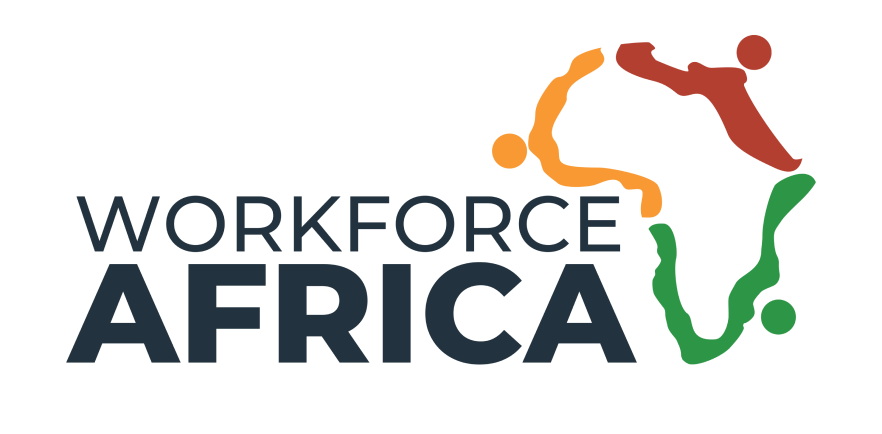Businesses are built to make profits, not lose time managing employee issues. However, this is not to say that they ignore their employer responsibilities, as this could create significant problems in the workforce that derail the organisation from its central purpose.
While some organisations can set up HR teams to manage the common concerns that arise from managing employees, other organisations can outsource these responsibilities to a Professional Employer Organization.
In this article, we share four situations in which a PEO can come in handy for employers:
Recommended Post: How PEO Companies Fast-Track Business Growth
How PEOs Can Help with Employer’s Responsibilities
1. Escalating Employee Relations Issues
While occasional employee conflicts are part and parcel of the daily realities of the workplace, in instances when they become prolonged or overly heated, they can quickly pose challenges for both the employees involved and the organisation.
When not correctly managed, conflicts between employees can degenerate into power struggles resulting in stress, loss of confidence, unhappiness, hostility, withdrawal and even illness.
The fact is uncontrolled conflict carries a high personal cost to employees and is expensive for organisations. For instance, research has shown that a typical manager loses 25% of the day responding to unhelpful conflict.
This is time lost to creative, productive work. With managers losing 25% of their time on conflict, the actual cost will ultimately include higher staff turnover, missed opportunities, absenteeism, inefficiency, low morale, and poor teamwork.
A PEO can come in handy to help by taking the appropriate steps to correct such conflicts. Good PEOs help take care of this employer’s responsibility by having experts on their teams who help with verbal counselling, coaching, and proper documentation to keep track of employee performance and compliance.
2. Staying Compliant While Conducting Background Checks

Compliance is another core employer responsibility. Thus, as necessary as pre-employment background checks are, you need to be aware of the laws and regulations surrounding privacy and compliance.
Considering that background checks provide you access to sensitive information about a candidate, having a compliant background screening process protects your company from liability and other negative consequences. A PEO can help you conduct this crucial check in a way that complies with the stated regulations.
In addition to this, a PEO will also help to secure your organisation by screening existing employees being moved from less sensitive to more sensitive positions.
For instance, if an employee moves from an administrative assistant role to one that handles company cash, a background check should be performed if one wasn’t conducted when the assistant was initially hired.
3. Ineffective Management Leadership
When employees misconduct themselves in violation of company policy, you bank on managers to address that wrong conduct and bring order into the system.
But what happens when managers themselves are the ones who repeatedly violate company policy and fail to lead by example when conducting their daily responsibilities?
When managers fail to lead and act by a higher standard, it can quickly become the beginning of anarchy in your organisation.
For example, suppose they fail to understand the rationale for corporate policies, their roles in policy administration and the consequences for failure to carry out those roles.
In that case, it could result in multiple liabilities, from employee complaints and dissatisfaction to lawsuits against your company, not to mention failure to meet company goals.
Consequently, it is vital to develop your managers and equip them with the managerial know-how to engage and communicate with direct reports effectively.
When you work with a PEO with a robust array of experts on their team, it will afford you a learning and performance specialist who can help analyze and determine where gaps may exist in the competencies of your managers.
After identifying the gaps in managerial knowledge, a good PEO can help you take control of this situation by training and retraining your supervisors on their roles as company representatives
4. Deeply analyzing and understanding your workforce.
Another core employer responsibility involves drawing insights from employee behaviour and on-the-job capabilities.
To make your business successful, it is imperative that you not only know your customers well but the very people that help your company serve those people— your employees.
Knowing your workforce thoroughly not only plays a crucial role in motivating employees to deliver their best, but also helps you appreciate the strengths, weaknesses, opportunities and threats that exist in your workforce.
For instance, without a thorough understanding of the capabilities of your employees and the skills gaps they have, it might be challenging to make the most of the existing competencies within your team.
A PEO can help analyze your workforce, let you know the skills makeup of your workforce, alert you when there could be a problem and walk you through a plan of action.
Good Read: Top 6 Ways a PEO Provider Can Support You in Times of Crisis
In Conclusion,
A PEO can do more for your organisation than the points we’ve just listed. If you’d like to learn more, then read our guide on choosing a professional employer organization (PEO).








